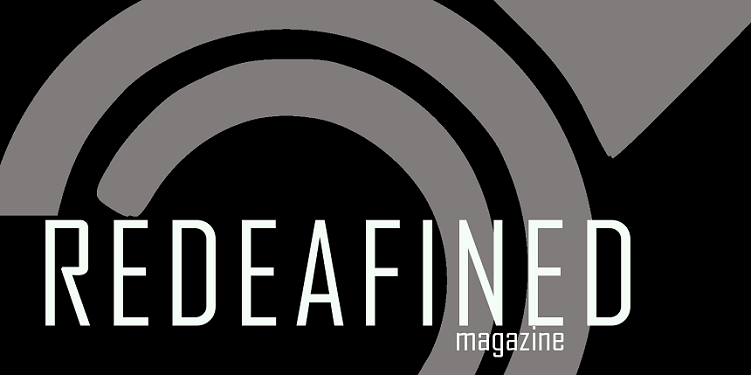"Switched at Birth" garnered the highest ratings to date for the network on its premiering night. And while the show has a flare for the (over)dramatic, it is nonetheless a highly entertaining and very important program for the Deaf community. Imagine if the only media you had access to was subtitled. While it would still be enjoyable, consider the excitement you'd experience the first time you saw a movie or television show in your own language. For many Deaf people, "Switched at Birth" is the first opportunity for which one can watch television in his or her native ASL. (The show employs a lot of traditional speech dialogue, which is closed captioned, but more and more sign is being incorporated as hearing family members learn ASL.)
The remarkable thing about the show is that it deals with issues of deafness and Deaf Culture extremely well, addressing issues of mainstreaming vs. Deaf education, lipreading, cochlear implantation, romantic relationships between Deaf and hearing people, the decision of whether to use one's voice, etc, in an informative and respectful manner that feels organic to the plot of the series. Additionally, the show employs an ASL expert to coach the actors and check the signs for continuity of dialect. It also uses subtitles and edits out all audio background noise during scenes in which two Deaf characters are conversing in ASL in order to give the audience a chance to experience what it's like to be deaf.
This introduction of deafness into mainstream pop culture is a big deal. It's of a similar weight as accurate representations of other minority communities in the media, as big a deal as, for example, shows in which African Americans were no longer depicted as stereotypes and began to star as fully-realized characters, as well as in series written, produced and acted by African Americans. And, just as with other minorities, increased exposure means more chances to make some metaphorical (and physical) noise from the margins.
The more visible and accessible Deaf culture is to a mainstream hearing audience, the less hold anxiety and medically-dominated viewpoints about deafness as a "disability" will have on society. Knowledge breeds empathy and tolerance, and the writers of "Switched at Birth" do an exceptional job of illustrating that Deaf people are not only in possession of a unique and beautiful language and culture, but are also just people, with friends, families and feelings no different from anyone else.
If you haven't seen "Switched at Birth, check out the promotional video:

No comments:
Post a Comment
Note: Only a member of this blog may post a comment.